Related searches
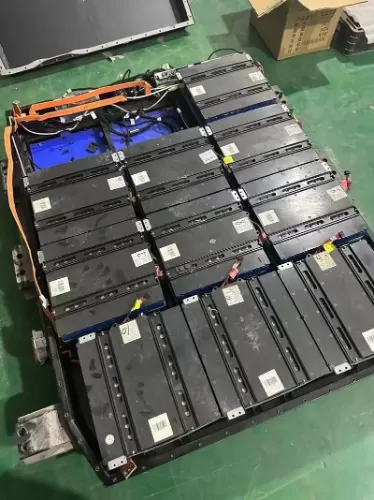
The Hidden Cash in Your Trunk
Most drivers see a failed battery as a $200 problem. But battery recycling flips the script. Many auto shops and retailers now offer cash rebates (up to $50) or store credits for turning in old car batteries. Why? Recyclers pay top dollar for the precious metals inside. Unlike tossing it in a landfill, recycling recovers up to 95% of a battery’s materials—valuable resources automakers desperately need to build new ones.
Battery recycling isn't charity; it's a circular economy. Those recovered metals reduce production costs for new batteries, which translates to cheaper replacements down the line. Think of it as a loyalty program for the planet—one that pays you to participate.
Battery Recycling vs. the Climate Crisis
Mining new materials for batteries scars landscapes and pumps carbon dioxide into the atmosphere. Recycling slashes this damage. Reprocessing a used battery requires 70% less energy than digging up and refining raw ores. Fewer mines mean less water pollution, deforestation, and habitat destruction.
But battery recycling's biggest climate win is subtler: It breaks our reliance on unstable foreign supply chains. Over 60% of the world's cobalt comes from conflict-prone regions. By recycling batteries domestically, we shrink the demand for ethically murky mining—and keep energy dollars in local economies.
How Battery Recycling Works
Collection: Auto shops, dealerships, or recycling centers safely store your old battery.
Shredding: Machines crush it into a metallic “black mass.”
Chemical Bath: Solutions extract pure lithium, nickel, and cobalt.
Rebirth: Those metals become new batteries—often within weeks.
This loop isn’t hypothetical. Companies like Redwood Materials already recycle enough material annually to build 100,000 EV batteries. Every recycled battery is a step toward energy independence.
Your Role in the Battery Recycling Revolution
Participating is easier than parallel parking:
Ask for Rebates: When buying a new battery, demand recycling incentives.
Never DIY: Car batteries contain toxic acids; leave handling to pros.
Check Labels: Ensure recyclers are certified (look for R2 or e-Stewards logos).
Governments are pushing battery recycling too. The U.S. Inflation Reduction Act offers tax credits for EVs using recycled materials. Soon, your recycled battery might literally pay dividends at tax time.
The Future of Battery Recycling
Battery recycling is about to get even smarter. New “second-life” programs repurpose old EV batteries as home energy storage. Imagine your retired car battery powering your TV for a decade—all because you recycled it instead of trashing it.
Critics argue recycling can't keep up with booming EV demand. They’re missing the point: Every recycled battery eases the burden. It’s not perfection—it's progress.
Conclusion
Battery recycling isn't just for tree huggers or tech geeks. It's a pragmatic win-win: cleaner air, fewer mines, and more cash in your pocket. The next time your car battery dies, don't curse—recycle. Your wallet and the planet will thank you.
After all, trash is just a failure of imagination. And in the case of batteries, it's money left on the table—literally.
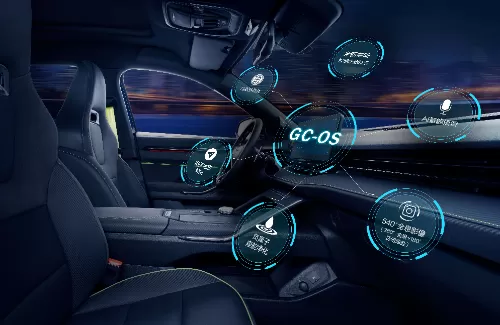 The Future of Road Trips: How Smart Cockpits Turn Boredom into Adventure
The Future of Road Trips: How Smart Cockpits Turn Boredom into Adventure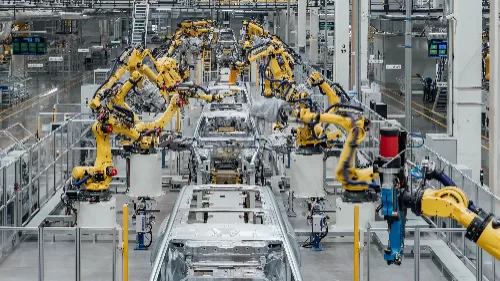 The Future of Car Factories: Smaller, Faster, and Closer to You
The Future of Car Factories: Smaller, Faster, and Closer to You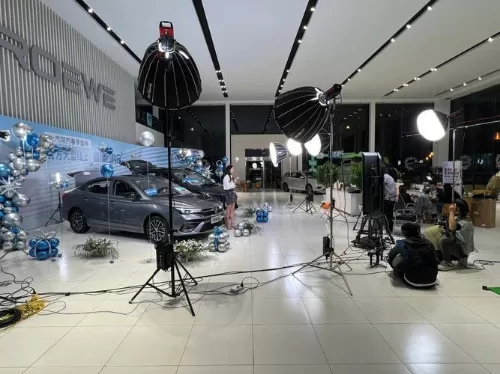 No More Pushy Salesmen: How Live Commerce Makes Car Buying Transparent
No More Pushy Salesmen: How Live Commerce Makes Car Buying Transparent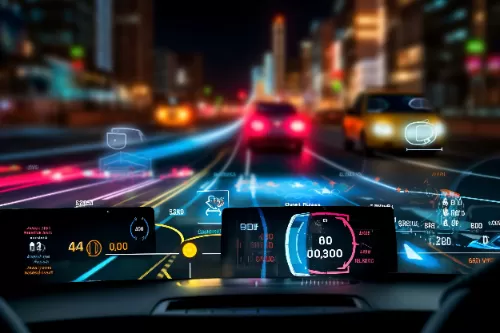 Are Self-Driving Cars Safer Than Humans
Are Self-Driving Cars Safer Than Humans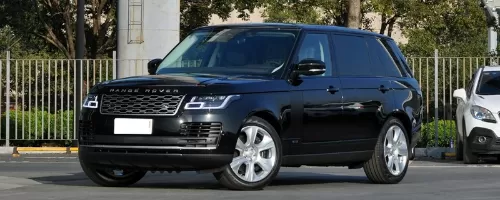 Tax Breaks and Penalties: The Economic Impact of Automotive Policies on Your Wallet
Tax Breaks and Penalties: The Economic Impact of Automotive Policies on Your Wallet


